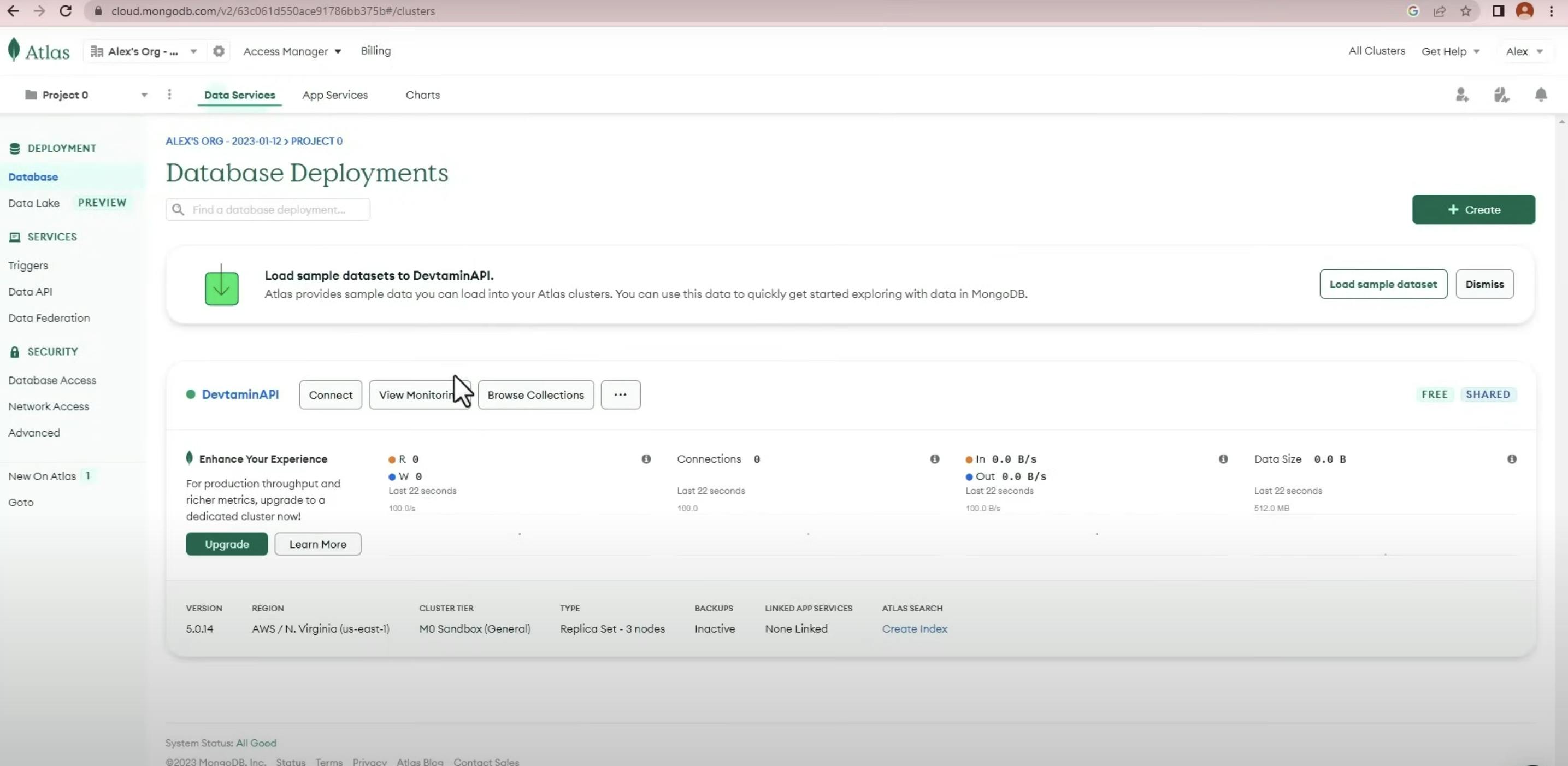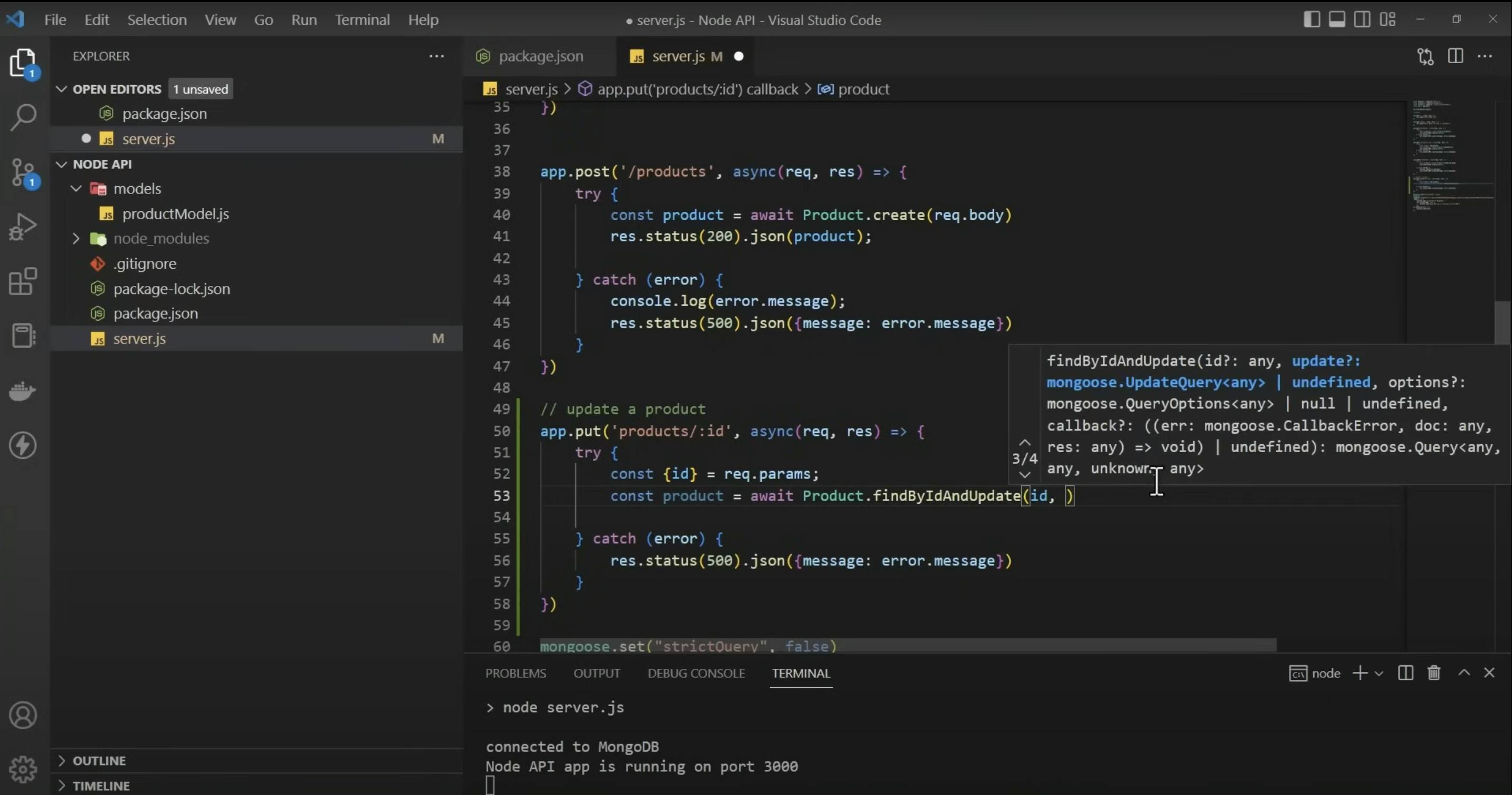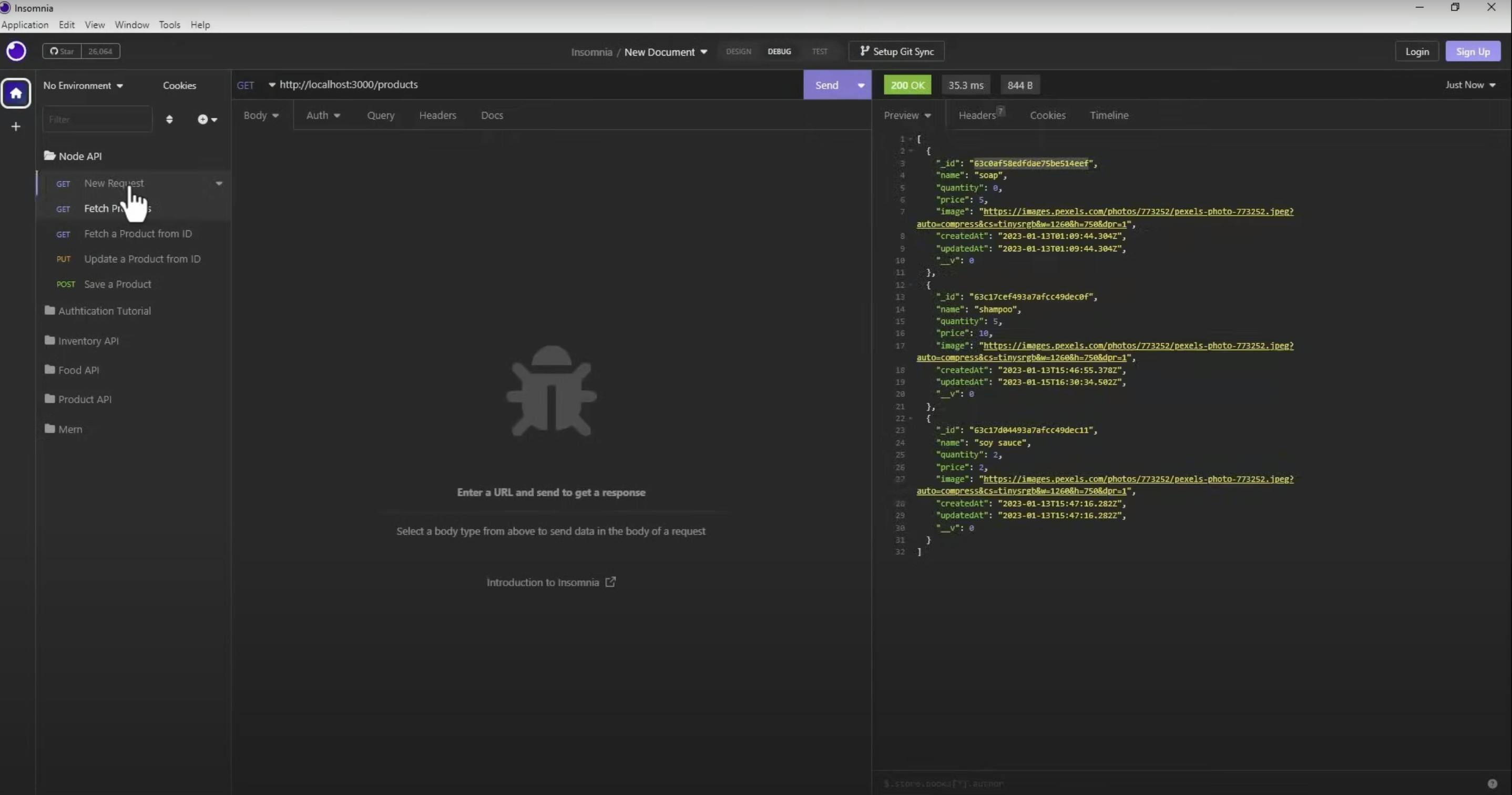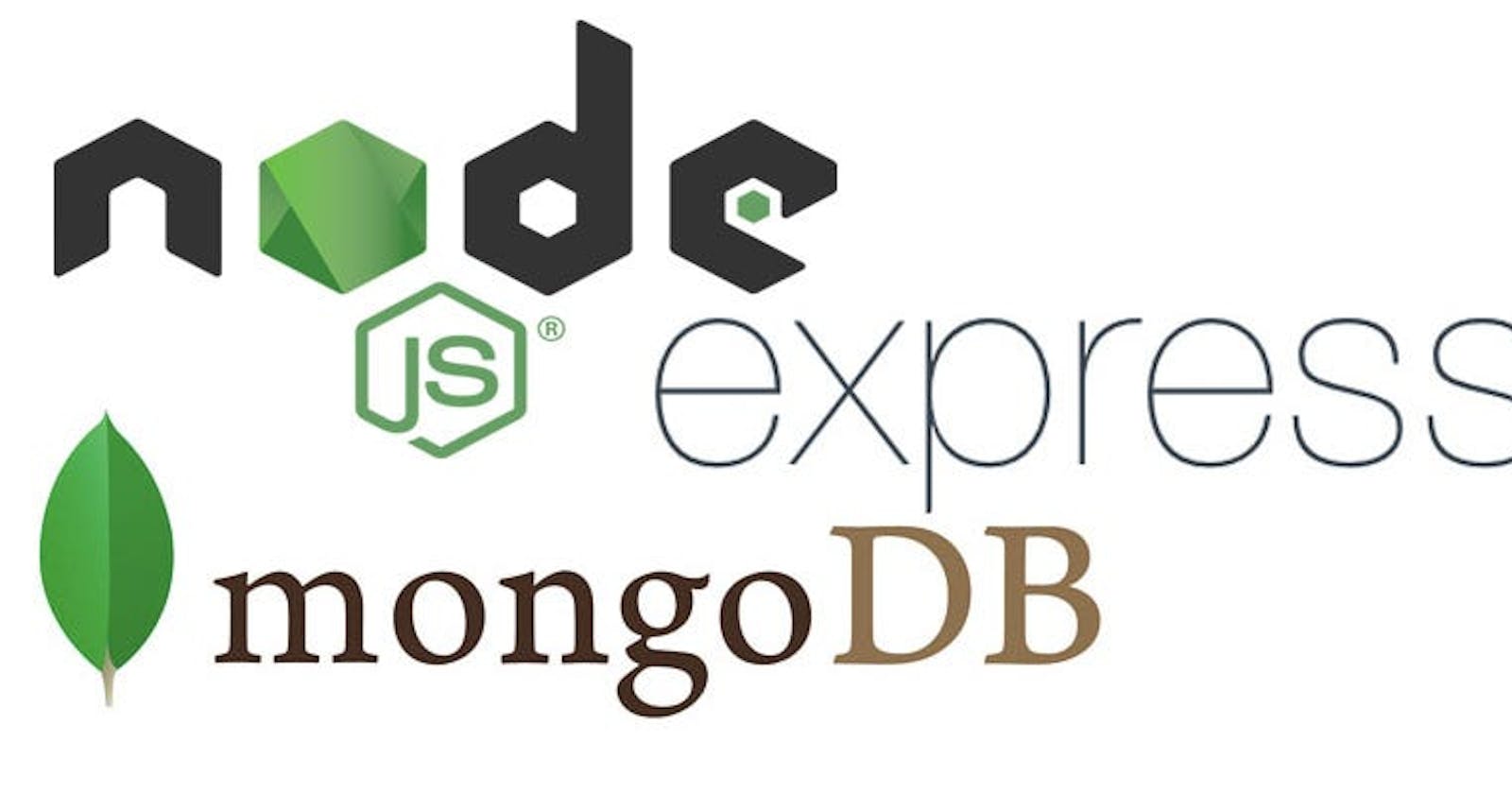Build Restful CRUD API with Node.js, Express and MongoDB
Introduction:
Having laid the foundation for your Node.js API, let's embark on a deeper exploration of advanced concepts. In this detailed guide, we'll provide in-depth explanations and examples to help you master authentication, middleware, testing, and deployment.
1. Implementing Authentication: Securing Your API
Why Authentication Matters:
Authentication is the process of verifying the identity of users or systems accessing your API. It safeguards against unauthorized access, protecting sensitive data and functionalities. JSON Web Tokens (JWT) are a popular choice for secure user authentication.
JSON Web Tokens (JWT):
JWT is a compact, URL-safe means of representing claims to be transferred between two parties. In the context of Node.js API development, JWTs are commonly used for token-based authentication.
Generating JWT Tokens:
const jwt = require('jsonwebtoken');
const token = jwt.sign({ user: userId }, 'your-secret-key', { expiresIn: '1h' });
Verifying JWT Tokens Middleware:
const verifyToken = (req, res, next) => {
const token = req.header('Authorization');
if (!token) return res.status(401).json({ message: 'Unauthorized' });
try {
const decoded = jwt.verify(token, 'your-secret-key');
req.user = decoded.user;
next();
} catch (error) {
res.status(401).json({ message: 'Token is not valid' });
}
};
2. Middleware Magic: Enhancing Request Handling
The Power of Middleware:
Middleware functions are the backbone of Express.js, allowing you to execute code during the request-response cycle. Custom middleware can perform tasks such as logging, data validation, and authentication before reaching the route handler.
Custom Middleware Example - Logging Requests:
const logRequest = (req, res, next) => {
console.log(`[${new Date().toISOString()}] ${req.method} ${req.url}`);
next();
};
// Implementing middleware in your Express app
app.use(logRequest);

3. Testing Strategies: Ensuring Code Reliability
The Importance of Testing:
Testing is a critical aspect of software development, ensuring that your API behaves as expected and identifying issues early. We'll cover both unit testing for individual functions and end-to-end testing for API endpoints.
Unit Testing with Jest:
Jest is a powerful testing framework that simplifies unit testing for your functions.
// Unit testing with Jest
test('Adds two numbers correctly', () => {
expect(add(1, 2)).toBe(3);
});
End-to-End Testing with Supertest:
Supertest is a library for making HTTP requests in your tests, allowing you to simulate interactions with your API.
// End-to-end testing with Supertest
test('GET /products returns status 200', async () => {
await supertest(app).get('/products').expect(200);
});

4. Deployment Strategies: Taking Your API Live
Transitioning to Production:
Deploying your API to a production environment involves considerations beyond coding. We'll explore the deployment process using Heroku as an example, covering environment configuration, scaling, and monitoring.
Heroku Deployment Example:
Heroku provides a straightforward deployment process via the Heroku CLI.
# Heroku CLI commands for deployment
heroku login
heroku create your-api-name
git push heroku master

Conclusion:
Congratulations! You've delved deep into advanced Node.js API development concepts. Authentication, middleware, testing, and deployment are critical components that elevate your API to a professional standard. As you continue your journey, remember that mastery comes with practice and exploration. Keep refining your skills, stay informed about industry trends, and embrace the ever-evolving world of API development. Happy coding!
